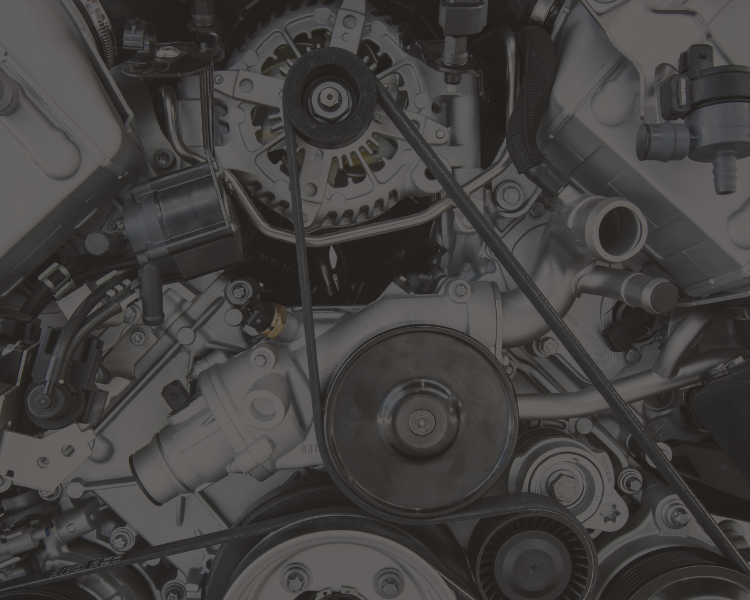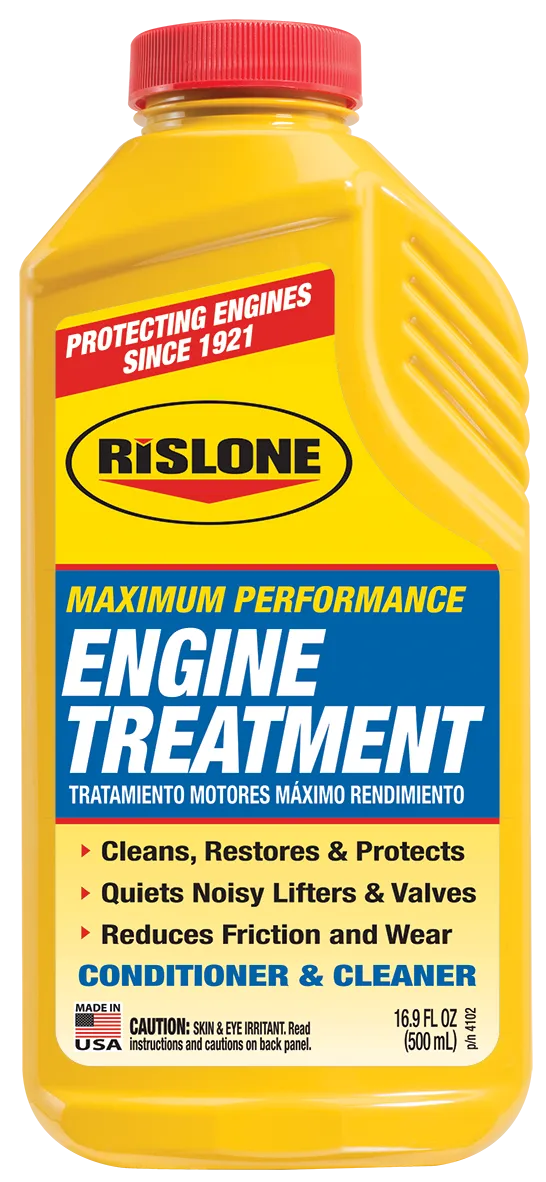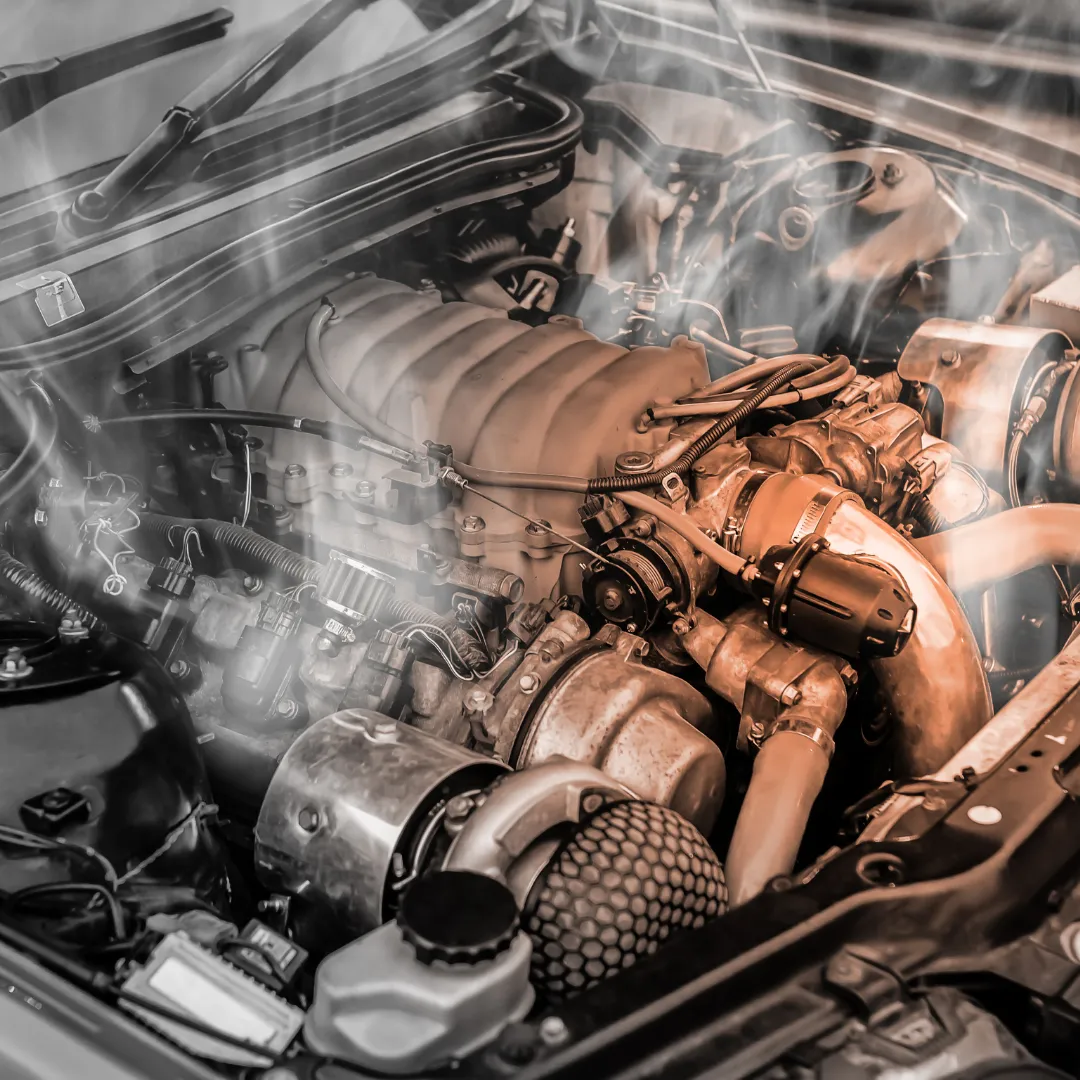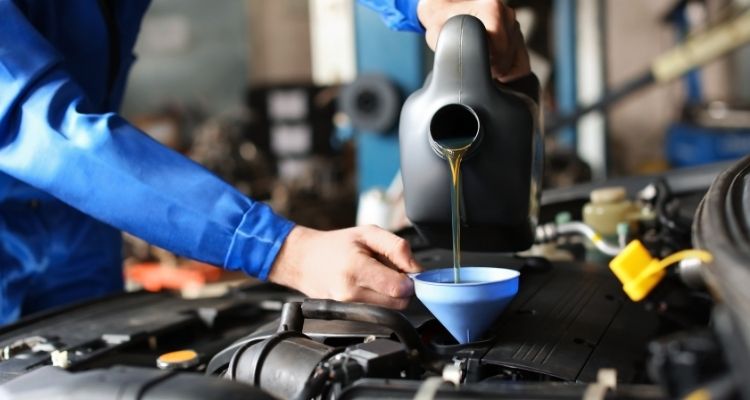How to Keep Your Car on the Road for 200,000 Miles (or More)
There are many great reasons for driving an old car. You might want to save money for something else or have a reliable old car that you just don’t want to get rid of. Maybe you like going retro and simple – some of our customers are simply nostalgic about older cars and prefer the simple appeal of an older vehicle. This is especially true for DIY fans and mechanics who prefer to do their own work on an older car instead of taking it to a shop for high-tech diagnosis and costly repairs.
Whatever your reason for driving an old car, our team here at Rislone is behind you. We talk to customers every day with well over 100K miles on their odometers and who want to keep their cars running as long as possible. We’re fans of all types, makes and years of cars and want to help you keep your old vehicle on the road for 200,000 miles and beyond. We’ve put together this handy list of high-mileage vehicle maintenance tips that will make your car last longer:
- On a monthly basis: There are some items you want to check every month or before you head out on a long road trip. These include all fluid levels (engine oil, transmission fluid, coolant, brake fluid, power steering fluid, etc.) as well as all air filters and tire pressures. Engine and transmission fluid are especially critical in high-mileage vehicles, since small leaks and consumption can cause levels to drop quickly. This is basic stuff, but a lot of problems can pop up when these areas go neglected.
- Every six months or 7,500 miles: While mileage will vary, several times per year you should change your engine oil and filter. Clean oil is critical to keeping your old car on the road longer, so choose a quality oil designed for higher-mileage engines. An oil change is a good time to check your brake pad and shoe thickness and ensure your parking brake is working properly. As a general rule, you’ll need to change conventional oil more often than a synthetic blend or full synthetic oil.
- Every 12 months or 15,000 miles: Check your coolant hoses and fan belts. As your car ages, heat and wear can cause them to get brittle and crack. A coolant leak can quickly let your car overheat, which can be damaging to an older, high-mileage engine. Replace hoses and belts if they show signs of wear. Verify the strength and cleanliness of your coolant and change it if it’s inadequate.
- Every 24 months or 30,000 miles: As your mileage creeps up to 200,000 and beyond, you need to be sure that important drivetrain components are still in good shape. Depending on manufacturer guidelines, you will need to replace the timing belt at least twice by 200,000 miles. Also look into having your transmission flushed and filters changed, CV joints and boots inspected and replaced and your exhaust system verified.
On top of these standard maintenance items, treat your engine, transmission and fuel system to Rislone treatment products. Since we’ve been around since 1921, we know a thing or two about longevity. Don’t wait until you have a problem — start today by giving your high-mileage car the lubrication, protection and cleaning it needs with our popular range of products, including:
- Nano Prime ™ Engine & Oil Additive (p/n 4104) – good for those who choose synthetic oil, or who demand the very best protection and performance out of their engines. This is our most advanced additive ever, and it outperforms every other additive on the market in terms of friction reduction and metal wear improvement.
- Engine Treatment (p/n 100QR) / Engine Treatment Concentrated (p/n 4102) conventional oil additive – good for those who run conventional oil. Available in both quart and concentrate sizes.
- Complete Gasoline Fuel System Treatment (p/n 4700) – like six additives in one bottle. Quite simply the most advanced fuel system treatment available, period. This product won a PTEN Innovation Award in 2013 and has been massively popular ever since.
- Diesel Fuel System Treatment (p/n 4740) – fuel treatment for diesel engines – similar to the above, just formulated specifically for diesel engines (for instance, this formula includes a cetane booster and anti-gel component).
There’s no reason your old car can’t hit 200,000 miles and keep on running well after, so long as you take care to perform regular maintenance and give it the engine treatment products it needs to run smoothly and limit wear and damage.
Questions? No problem. Reach out to us on Facebook, Twitter or Instagram, or contact us via the web and we’ll be happy to get back to you ASAP. We love hearing stories about your high-mileage cars, so don’t be afraid to reach out and tell us what you are dealing with.




